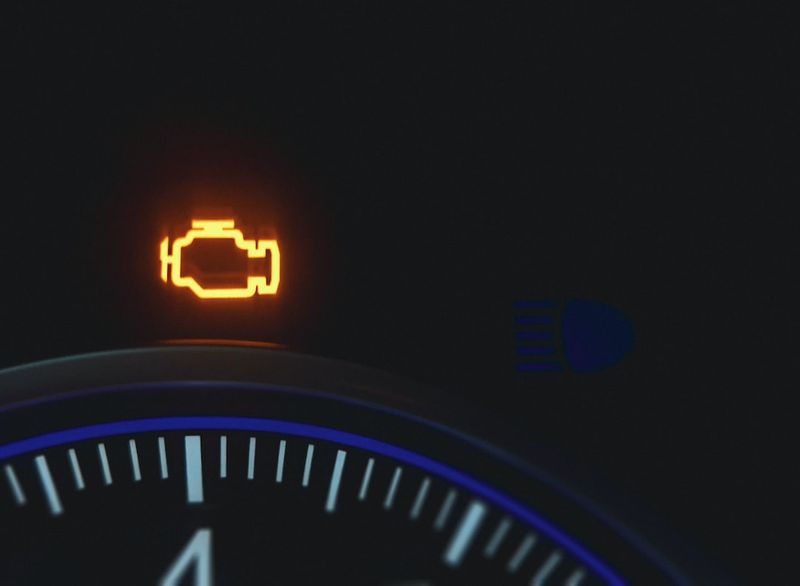Table of Contents
Israel: Unlawful Gaza Blockade Deadly for Children
Denial of Water, Fuel, Electricity Endangers Lives
Introduction
In a recent report released by Human Rights Watch, it has been revealed that the Israeli government’s total blockade of the Gaza Strip is putting Palestinian children and civilians at grave risk. The report claims that the collective punishment of the population through this blockade constitutes a war crime. It further posits that the Israeli authorities must immediately allow essential supplies such as food, medical aid, fuel, electricity, and water into Gaza, and enable sick and wounded civilians to leave for medical treatment elsewhere. The report highlights the dire state of the healthcare system in Gaza, with hospitals overwhelmed and unable to provide adequate care for children and other patients. Furthermore, it emphasizes the urgent need for access to water and the potential for an infectious disease outbreak due to the lack of sanitation facilities. Human Rights Watch calls on US President Joe Biden, currently in Israel, to press Israeli officials to lift the unlawful blockade and ensure the population’s access to basic necessities.
The Philisophical Debate
The issue at hand raises important ethical and philosophical questions regarding the use of blockades and sieges as tools of warfare. While the laws of war do not expressly prohibit the imposition of blockades or sieges on enemy forces, they do require that civilians have access to essential items for their survival, including water, food, and medicine. The Israeli government’s blockade of the Gaza Strip, which has been ongoing for 16 years, clearly violates this principle. Furthermore, the intentional denial of these essential supplies, such as water and electricity, in an attempt to defeat Hamas, amounts to the use of starvation as a method of warfare, which is prohibited and considered a war crime.
From an ethical standpoint, the blockade raises questions about the responsibility of states to protect the basic rights of individuals, even during times of conflict. The right to water, as recognized under international human rights law, includes refraining from limiting access to water services during armed conflicts. The denial of access to clean water in Gaza is not only a violation of this right but also a direct threat to the health and well-being of the population, particularly children and vulnerable individuals.
Moreover, the continued imposition of the blockade against the population in Gaza is part of a broader pattern of apartheid and persecution committed by Israeli authorities against Palestinians. This raises questions about the moral legitimacy of these actions and calls for a broader examination of the systemic injustices faced by Palestinians in the region.
Editorial and Advice
The situation in Gaza demands immediate attention and action from the international community. The Israeli government’s blockade, which has resulted in a severe humanitarian crisis, must be condemned in the strongest terms. Governments, including the United States, have a responsibility to use their diplomatic and political leverage to pressure Israel to lift the blockade and ensure the provision of essential supplies to the population of Gaza.
Furthermore, the international community should explore avenues for providing direct assistance to Gaza, bypassing Israeli restrictions if necessary. This could involve establishing alternative supply routes or coordinating humanitarian aid efforts through international organizations. Additionally, neighboring countries such as Egypt should also be urged to allow Palestinians in need of medical treatment to cross their borders and ensure their safety and dignity.
In the long term, a comprehensive solution to the Israeli-Palestinian conflict must be sought, one that addresses the underlying causes of the blockade and the broader injustices faced by Palestinians. This requires a commitment to international law, including the recognition of the right to self-determination for the Palestinian people. Furthermore, it necessitates a reevaluation of the current approach to the conflict, with a focus on dialogue, negotiation, and the respect for human rights.
The crisis in Gaza is not solely a humanitarian issue; it is a matter of justice and human rights. The international community must prioritize the protection and well-being of the Palestinian people, particularly the children who are suffering the most under the current blockade. Only through concerted efforts and a commitment to justice can a resolution to this crisis be found.

<< photo by Sigmund >>
The image is for illustrative purposes only and does not depict the actual situation.
You might want to read !
- The Elusive Pursuit of Justice: Sierra Leone’s Unresolved August 2022 Protests
- India’s Stance on Same-Sex Marriage: A Regressive Blow to Human Rights
- Environment at Stake: Maldives’ Controversial Move to Bypass Protection Laws
- Mitigating the Humanitarian Crisis: Tunisia’s Response to Intercepting and Expelling African Migrants at Sea
- The Escalating Conflict in Israel and Palestine: A Grave Humanitarian Crisis Unfolds
- Humanitarian Crisis in Haiti Calls for Suspension of Deportation Flights
- Israeli-Palestinian Conflict: Unveiling Evidence of Hamas-Led Attacks